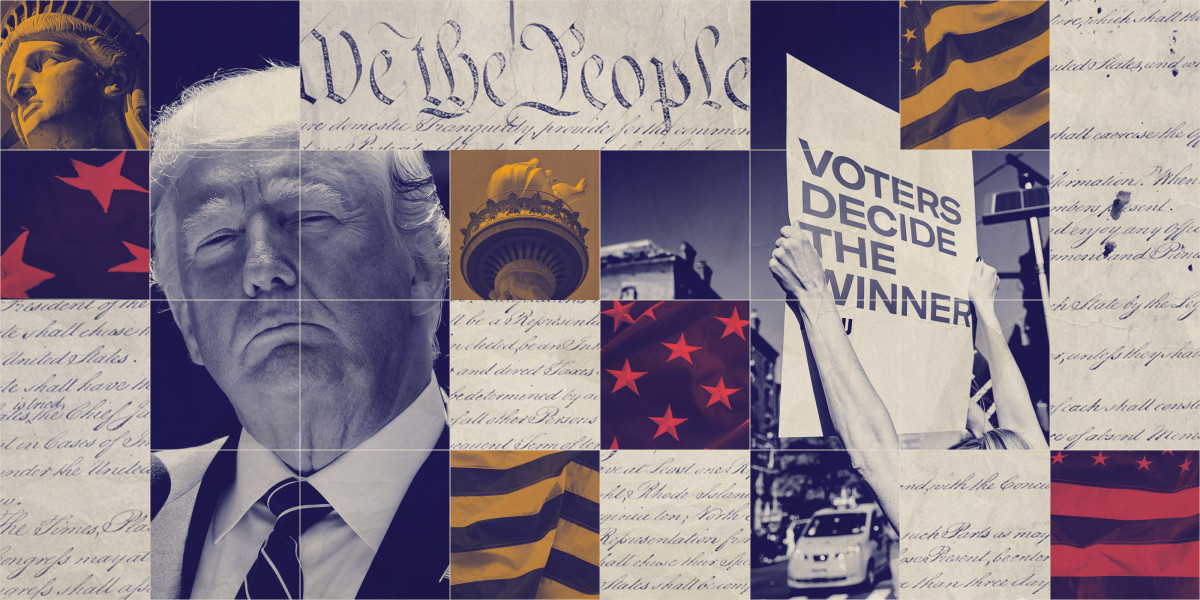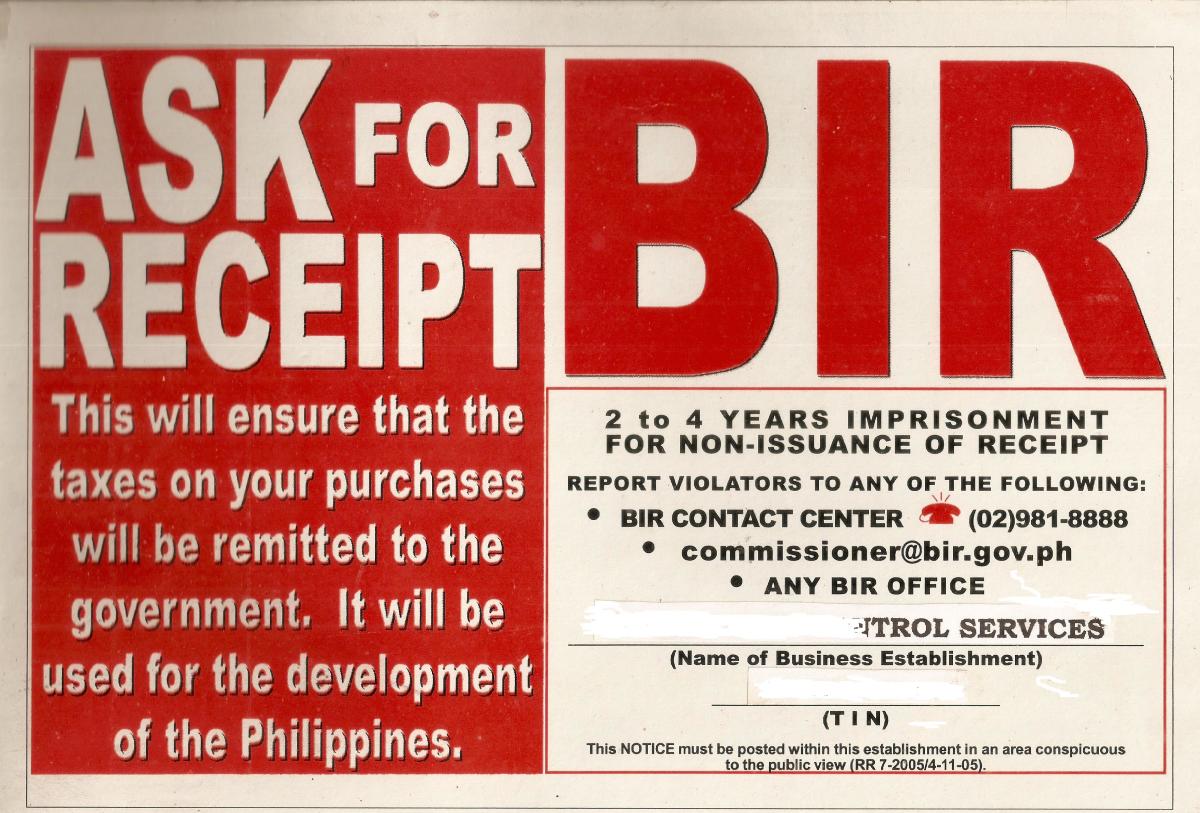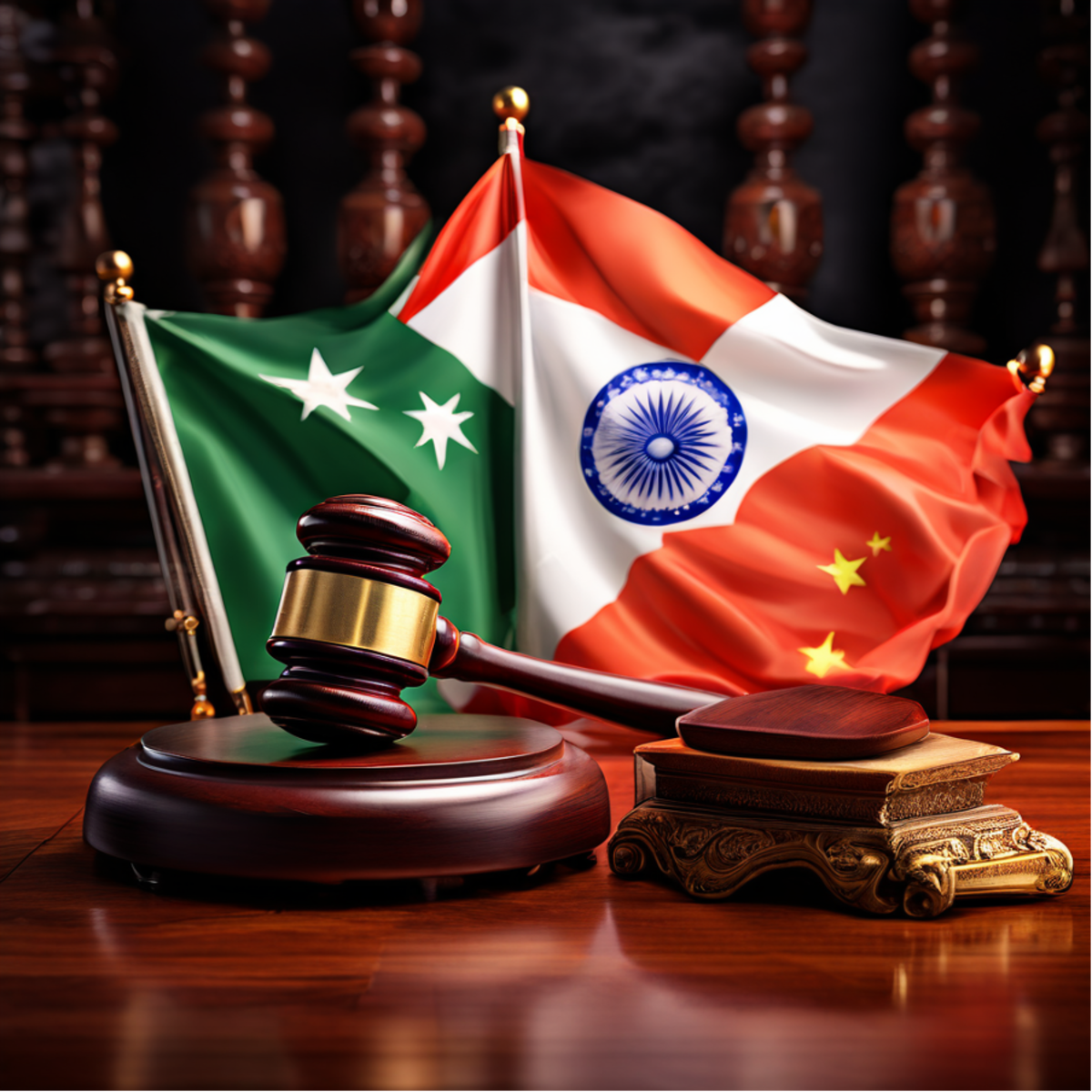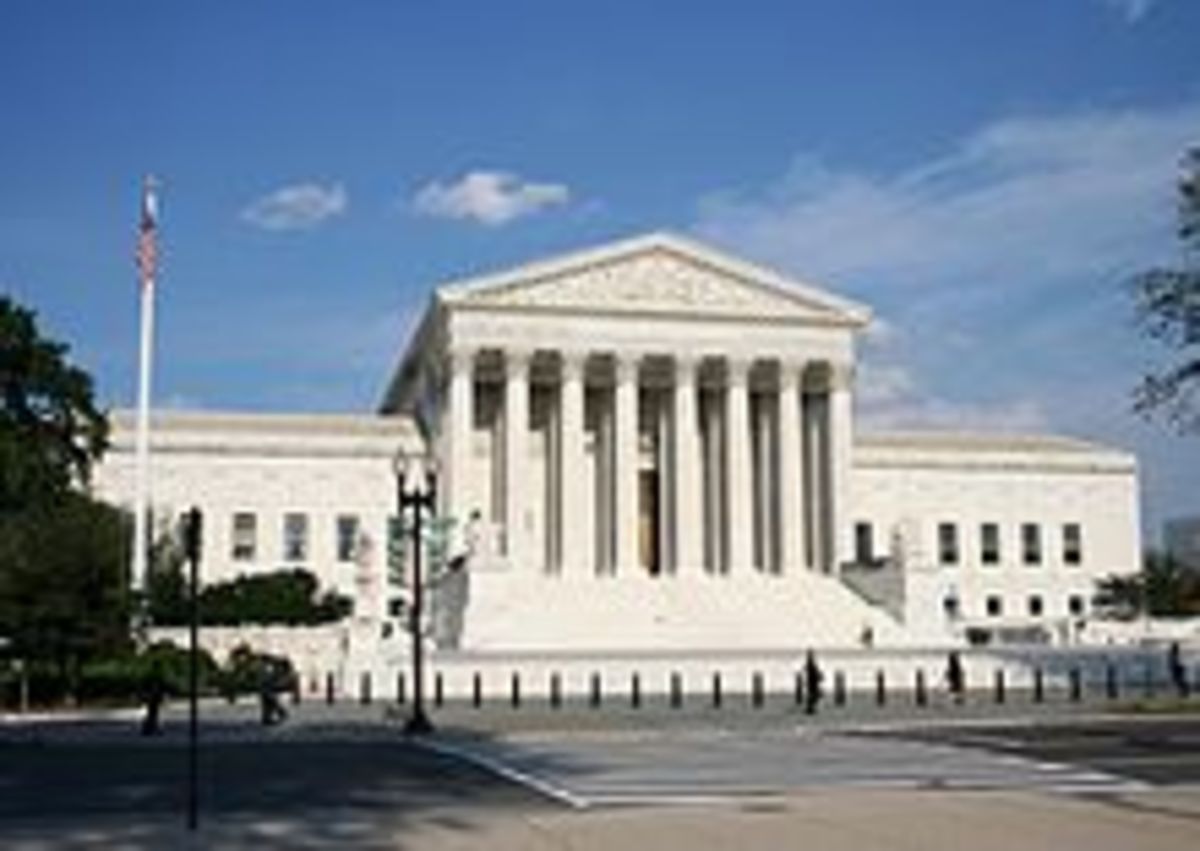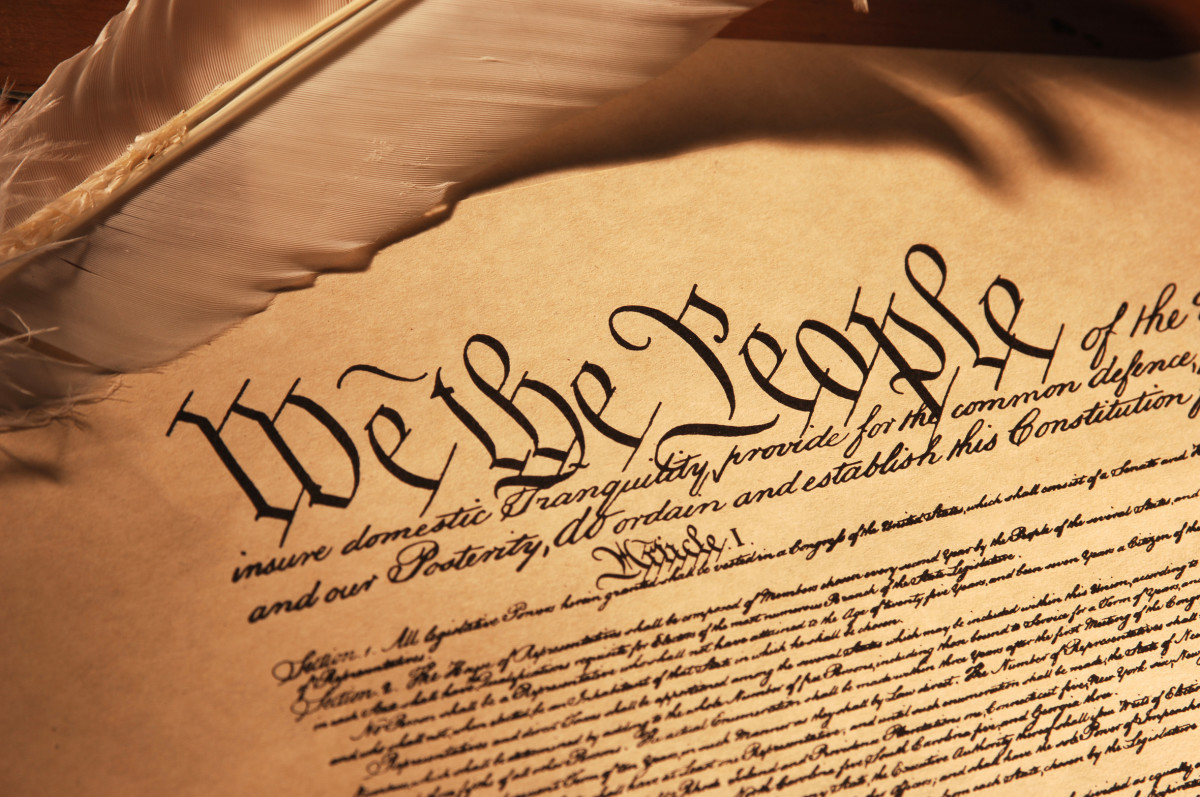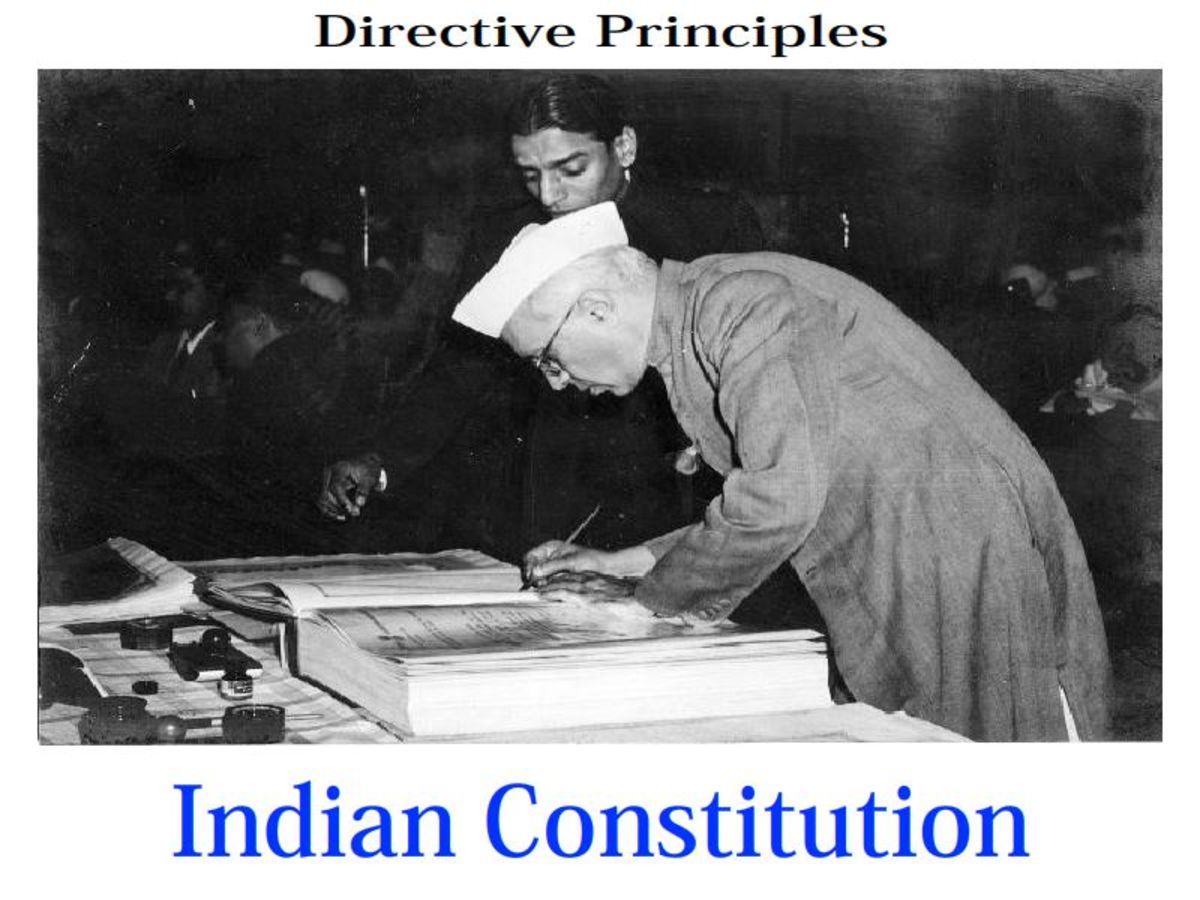Judicial Review on Constitutionality by the Supreme Court in the Philippines and U.S.A. Reconsidered
The Supreme Court is elitist when given the power of constitutional review that is executory
By Conrado D. Fontanilla
The constitution of the Philippines is patterned after that of the United States. It provides for three branches of government: Legislative, Executive and Judiciary. The intention is that these three branches are co-equal such that there is check and balance among them.
On September 9,2006, former president Gloria Macapagal-Arroyo entered into a secret executive agreement with former Japanese Prime Minister Junichiro Koisumi, a communication called Japan-Philippines Economic Partnership Agreement (JPEPA). The public and some members of Philippine congress wanted to know its provisions. Macapagal-Arroyo refused to divulge the provisions of the agreement.
Someone went to the Supreme Court to question the right of the President to make such a secret agreement.
On July 16,2008, the Supreme Court ruled that the President has an executive privilege to enter into an agreement not subject to public disclosure. Until now, the Filipino people do not know the provisions of this secret agreement. What are its effects on the Filipino people? What are its implications in the long run -- on the economy, policy, territory, and sovereignty?
I have read about secret agreements like non-aggression pacts. For example, the non-aggression pact between Hitler’s Germany and Stalin’s Russia before World War II which Hitler broke by invading Russia.
What is the nature of the secret agreement between that Macapagal-Arroyo and another country? Does it concern national security? I have read that matters concerning national security deserves some confidentiality. But some two years ago the Philippines has not been at war with any other country.
Suppose Macapagal-Arroyo had secretly agreed with that other country to give 50 islands of the 100 islands located in Pangasinan, a province in Luzon, to that country?
I can speculate anything as to the nature and breakdown of that secret agreement but as of now I am legally barred from knowing anything about that secret agreement.
At the rate things are going, if the Supreme Court does not reverse itself on that ruling, not even the Supreme Court will ever know the nature and provisions of that secret agreement.
The question of the right of the President to make a secret agreement goes back to the power of the Supreme Court. It bars the Philippine Congress, a co-equal, from having knowledge of a secret agreement made by the President with another country. The present practice is that Philippine Congress and the President have the right to appeal to the Supreme Court to reconsider its ruling. The President can veto a bill passed by Congress; Congress can overturn the veto with a vote of two-third of its members. The Supreme Court has asserted onto itself the right not to reconsider, unless there is new evidence in a case. It is as simple as “If I don’t like to reconsider, you cannot do anything about it.”
What if the Supreme Court makes a mistake? There had been cases in the Philippines of the Supreme Court (SC) reversing itself. For example, on the matter of declaration of 16 towns into cities by the Philippine Congress. The League of Cities of the Philippines challenged the constitutionality of the proclamation. The SC ruled that declaration of these cities was unconstitutional. The court battle ensued in 2010-11. The city hood petitioners filed for a reconsideration with the SC. SC reversed its earlier decision and reinstated the 16 towns into cities. What if it made a mistake but does not reverse itself? What if it made a mistake but does not consider it as such and does not reverse itself? Injustice would reign. And the errant ruling would become common law to be perpetuated. The Presidency and Congress could not do anything about it, and the ruling can only be reversed or amended or abrogated through a constitutional amendment or convention or by revolution.
The present president, President Benigno Simeon C. Aquino III, cannot divulge to the public the nature and provisions of that secret agreement. It is implied that no president of the Philippines is allowed to reveal that secret agreement unless the ruling of the Supreme Court is abrogated. For that matter, the present and forthcoming president can enter into a secret agreement. How do we know that that secret agreement is now wreaking havoc on the Filipino people?
In theory and now in practice, it is the vote of the Supreme Court of the Philippines, consisting of 15 votes, against the vote of Philippine Congress, consisting of 284 votes.
Judicial review in the U.S.
Former president of the United States, President Franklin Delano Roosevelt, ran into a similar problem during the New Deal years. The U.S. Supreme Court ruled as unconstitutional a legislation along New Deal, for example, the National Recovery Administration. His creation of the Tennessee Valley Authority was threatened with unconstitutionality so were the Wagner Act and the Social Security Act. It was the vote of 9 members of the Supreme Court against the President of the United States and votes of U.S. Congress. Roosevelt made a proposal to Congress to increase the number of Supreme Court justices from 9 to 15 which Congress disapproved (Taylor, D. Franklin Delano Roosevelt. 2002:31). He was accused of attempting to pack the court.
“As it turned out, the Supreme Court later changed its attitude to the New Deal and did not oppose any more legislation” (Taylor, same source as above). Taylor implied that the Supreme Court came around to support Roosevelt in addressing the social and political malaise of the United States.
What if the Supreme Court were packed with the appointees of the President? (The Integrated Bar of the Philippines makes the nomination; the President picks out one from a short list of 5. This is very convenient but a flawed procedure).
In the United States, the case in point is the Dred Scott decision. The decision of the Supreme Court: “Congress had no right to prohibit slavery in a territory” (Geise, R.D., Ed., American History to 1877. 1992:113). In the same book it is noted: ”The Supreme Court: With a pro-South majority, it became a bulwark for the defense of slavery.”
This means that logic and impartiality did not prevail. (Logic and impartiality being symbolized by the blindfolded lady of the judiciary.) It is the human factor that prevailed.
What if the president feels strongly about an issue, stands on the moral side, and has the popular support versus the Supreme Court?
During the American Civil War, Lincoln suspended the writ of habeas corpus occasioned by a riot in Baltimore. Chief Justice Taney ruled that Lincoln’s act was unconstitutional. Lincoln ignored Taney’s ruling. However, as a matter in the area of jurisprudence, the issue was not settled.
“Lincoln tried to focus on the Dred Scott decision’s impact on popular sovereignty….” in campaign debates with Senator Stephen Douglas, presidential candidate of the Democrats, in the 1860 elections. In Kansas, following pitch battles between free soilers and abolitionist, and pro-slavery settlers from Missouri formed two groups each with its own constitution. Lecompton, with a pro-slave government, and Topeka, with a free slave government, petitioned the U.S. congress for the statehood of Kansas. To settle which of the two could file the petition, a revote was called for. Topeka won overwhelmingly. It would follow that Kansas could ban slavery in its territory.
The Supreme Court Dred Scott decision says that Congress cannot prohibit slavery in a territory. It follows that the Legislature of Kansas cannot ban slavery in Kansas, the Dred Scott decision having become a common law of the United States. “Admission of Kansas as a free state was delayed until 1861” (Geise, R.D., Ed., American History to 1877. 1992:110).
The question is which should prevail, the Supreme Court with 9 justices not voted by the people, or the majority of the voters in Kansas?
If Kansas statehood were to be voted upon in the U.S. Congress it was highly probable that the point of debate would be the issue of slavery. As far as the anti-slavery states were concerned Kansas could be admitted provided that it maintained its anti-slavery stance. (The ante, 23 states being anti-slavery and 11 states being pro-slavery whose secession from the Union lead to the American Civil War.) The question is: which should prevail the vote of 23 states whose congressmen and senators were voted by the people or the vote of 9 justices (assuming that they voted unanimously) not voted by the people?
"Kansas entered the Union as a free state in 1861" (Encyclopedia Britannica 2009). The slavery issue was to be settled by force in the American Civil War (April 1861 to April 1865) and placed in the statutes as the 13th amendment of the U.S. Constitution ratified on December 6,1865, to wit: "Neither slavery nor involuntary servitude, except as a punishment for crime whereof the party shall have been convicted, shall exist in the United States, or any place subject to their jurisdiction" (Encyclopedia Britannica 2006 Almanac CD).
Mistaken
Suppose Congress were mistaken on an issue? How could the people obtain redress? They could reject any re-electionist who was party to the mistake or not vote for a candidate with the same stand or with a tendency to make a similar mistake. Or initiate a recall election which is being done in the Philippines (three times already since 1987) and in the United States, Dakota having had the most recall elections so far.
Suppose Congress could be dictated upon? The people may stage a peaceful revolution. Definitions of congress aside, take Russia when it was ruled by one party. Its collapse was eminent to be brought about by the people. But Gorbachev foresaw it and took steps to preempt a more devastating break up of the Soviet Union.
Suppose the House of Representatives could be controlled by one party, like the 58th Congress of the United States that was controlled by its Speaker in the early 1900s? Speaker Joseph Cannon had "official prerogatives which enabled him to bend the House of Representatives to his will...." (Norris, G. W. "The Unhorsing of Speaker Cannon." Fighting Liberal. 1961:121). Well, few people can be fooled but it is difficult to fool several people. That speaker was toppled from his pedestal, his downfall was initiated by a member of his own party: George W. Norris, a farmer, lawyer, former district judge, and former congressman and senator for 45 years.
What is the need for constitutional review?
"The only explanation for Americans' ready toleration of this (constitutional review) is their recognition that the fragmentation of power require something like this to make their system work" (Shively, W. P. Power & Choice. 3rd ed.:281, parenthetical and emphasis supplied).
It is for its utility that necessitates constitutional review. Its reason for being is "it works." In the Philippines, constitutional review does not work; it does not deliver what it is intended for. It has adverse effects. It virtually makes the Supreme Court more powerful than the people. For one, it can void any law enacted by the representatives of the people. For another, it reserves the right to reverse itself. Neither the President nor Congress can reverse a decision of the Supreme Court. The only recourse is civil disobedience or amendment of the constitution.
There should be safeguards other than constitutional review. One, a provision in the constitution that no ex post facto law shall be enacted. Two, no bill of attainder shall be enacted. The present safeguard like two-thirds vote of Congress can override the veto of the President works.
However, we have seen a flaw on the two-third vote of Congress. For example, the enactment of the law that gives countryside development funds to each congressmen (Php 170 million per year) and to each senator (Php 200 million per year) to be spent without corresponding official receipts for any item. This was passed, Priority Development Assistance Fund) when Congress was controlled by one political party. PDAF is pure pork barrel. In the first place congressmen and senators are not supposed to control the budget for development projects for their constituents. They can pass laws for their projects but the budget must be handled by the executive branch of the government that undertakes the projects. It is clear that this law is in conflict with other laws that require procurement of receipts for each expenditure. But a complaint against it has not been filed. An amendment to, or an abrogation of, this law is in order from Congress. But who is the congressman or senator who will file a complaint against a self-serving law? This is part of the dynamics of the politics in the Philippines.
There are also pork barrels in the United States. But the congressman or the senator neither controls the budget for the project nor undertakes the project itself.
There are countries without constitutional or judicial review, for example, Switzerland, Belgium, Denmark, Great Britain, Iceland, Sweden, Norway, the Netherlands, and Luxembourg (Shively, W. P. Power & Choice. 3rd ed.:282). The purpose of having three equal branches of government is to ensure check and balance. However, a judicial review can be dispensed with and still check and balance would be in place. The criterion for a constitutional review is pragmatism (it works). That is, it works for the good.
In the Philippines, or anywhere else with a judicial review, the Supreme Court may be asked for its opinion whether a statute by Congress is constitutional or not. But its opinion should neither be executory, nor be part of common law.



